
Technology to revolutionize insurance ID cards exists. But few insurers have embraced it.

Technology to revolutionize insurance ID cards exists. But few insurers have embraced it.
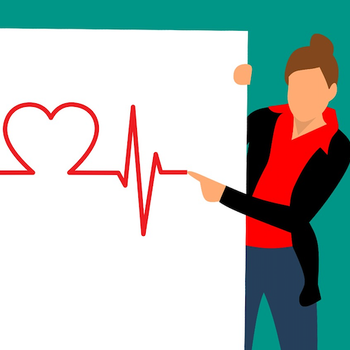
Why EHRs improve outcomes, however, is unclear.
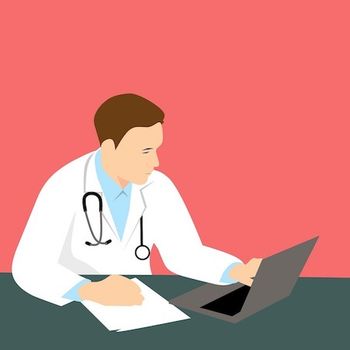
But data become more important as time goes on.

The Taiwanese electronics manufacturer is putting healthcare at the forefront of its new manufacturing plant in Wisconsin.

Google’s sister company hopes to reach patients who don’t know they have sleep apnea.

The old rule led to the valuable codes being underused.
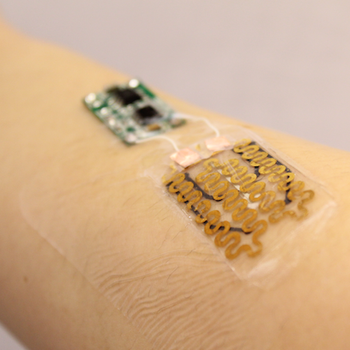
Why the microprocessor-driven tech could be a game changer.
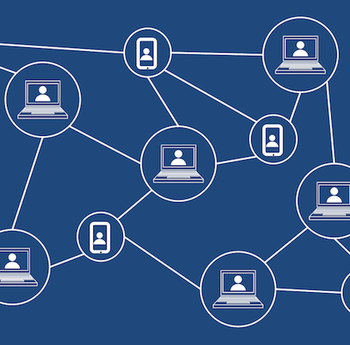
Can Mayo and Medicalchain find the elusive key to success?
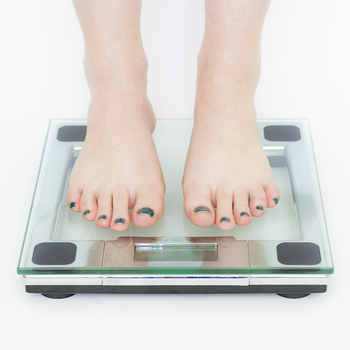
Americans have inflated confidence in their knowledge of diet and weight loss.

But medicine is competing with every other industry for these valuable employees.

How they plan to improve pop health, care, and research.
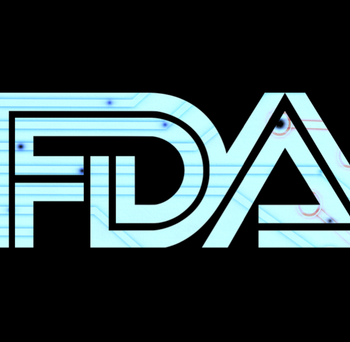
The precertification model would apply to med-tech orgs of all sizes.

Silos prevent scientific advancements from flowing into the clinic quickly, the agency says.
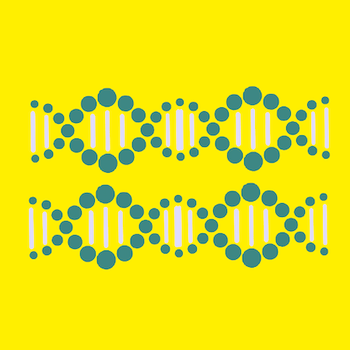
Patients and database owners must grapple with peeping governments, companies, and hackers.

Headspace, a mindfulness and meditation app maker, hopes to use new scientific research to support its prescription program by 2020.

European leaders are investing in AI in an effort to catch up with the US and Asia.
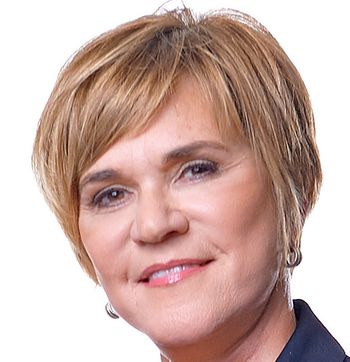
A CMMI-backed program transitions rural hospitals to a value-based, global budgeting model to evaluate outcomes and cost savings.
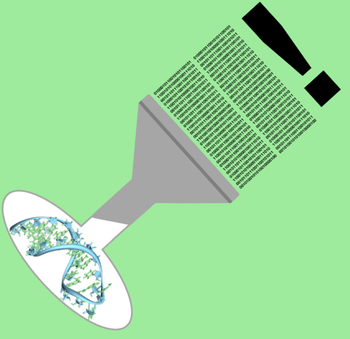
"An objective, precise, compact, unambiguous, easily-interpretable description of all loops, stems, and pseudoknots."

CMS Administrator Seema Verma, MPH, is working to further expand access to health data.
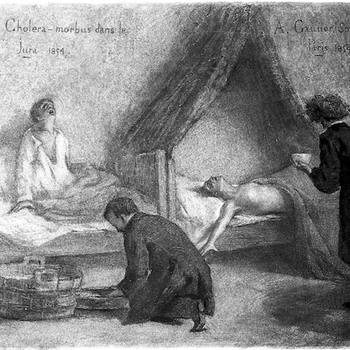
Scientists have used a machine-learning algorithm to pinpoint bacterial patterns in the gut microbiome that appear to predict susceptibility to cholera.

The cable and media giant will launch a pilot project with Independence Health to bring personalized health content and guidance to patients.
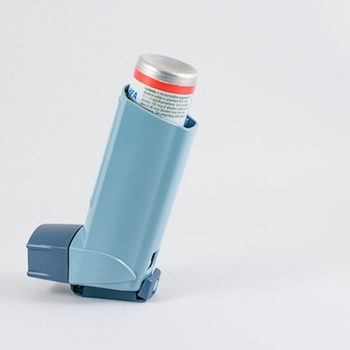
A new study suggests the technology can lead to dramatically better clinical outcomes.
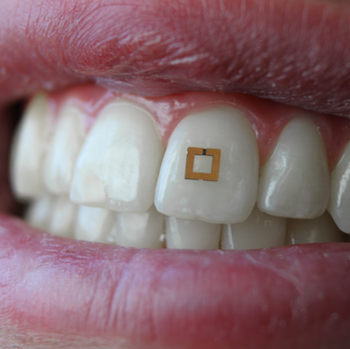
Scientists have developed a tiny sensor that can track certain chemicals and nutrients. But the potential uses of the sensor extend beyond diet.
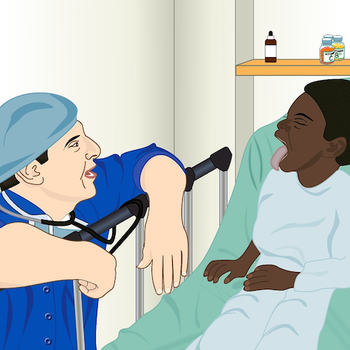
Patients and physicians are excited about digital health, but an expert said both sides must trust each other.

Cognitive behavioral therapy delivered online allows patients to access treatment at home. Is that the key?

Researchers sought to find synonymous terms in patient records generated by physicians and nurses. Instead, they came across a glaring gap.
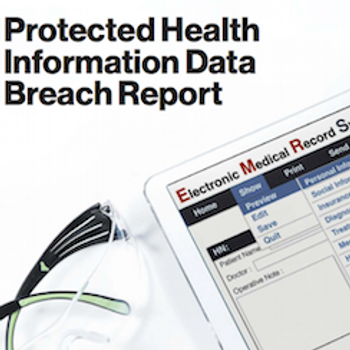
A Verizon study concluded that healthcare is the only industry whose biggest threat is internal. Here’s how health systems can prepare.

A genetic variant might be associated with opioid addiction. But it can’t yet predict outcomes for individual patients.

Economic development officials believe that if Cleveland can grow its health technology sector, it will also get the opportunity to combat health disparities.
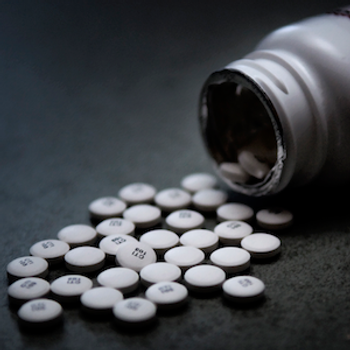
Highmark Inc. wants to leverage claims data to identify and intervene with patients at risk of opioid dependence.